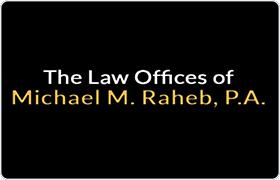Lee County, FL Criminal Lawyers
Sponsored Law Firm
-
 x
x

Click For More Info:
-
Law Offices of Michael M. Raheb P.A.
2423 First St Fort Myers, FL 33901» view mapCriminal Defense Law Legal Problem? Call Us 24/7
At the Law Office of Michael M. Raheb, we strive to ensure each of our clients receives the individual attention and representation necessary to obtain an optimal outcome.
800-890-8981
Michael M. Raheb
✓ VERIFIEDMichael Raheb has successfully handled hundreds of cases in the state and federal courts of Southern Florida, in both the criminal and civil arenas. H... (more)
Diane Muenze Gonzalez
✓ VERIFIEDWith over 25 years of experience, attorney Diane Gonzalez has provided numerous clients effective and reliable legal counsel on a wide range of legal ... (more)
FREE CONSULTATION
CONTACTRita Noelle Charlet
FREE CONSULTATION
CONTACTFREE CONSULTATION
CONTACTFREE CONSULTATION
CONTACTFREE CONSULTATION
CONTACTPeter D. Aiken
FREE CONSULTATION
CONTACTFREE CONSULTATION
CONTACT Michael M. Raheb Fort Myers, FL
Michael M. Raheb Fort Myers, FL Practice AreasExpertise
Practice AreasExpertise


